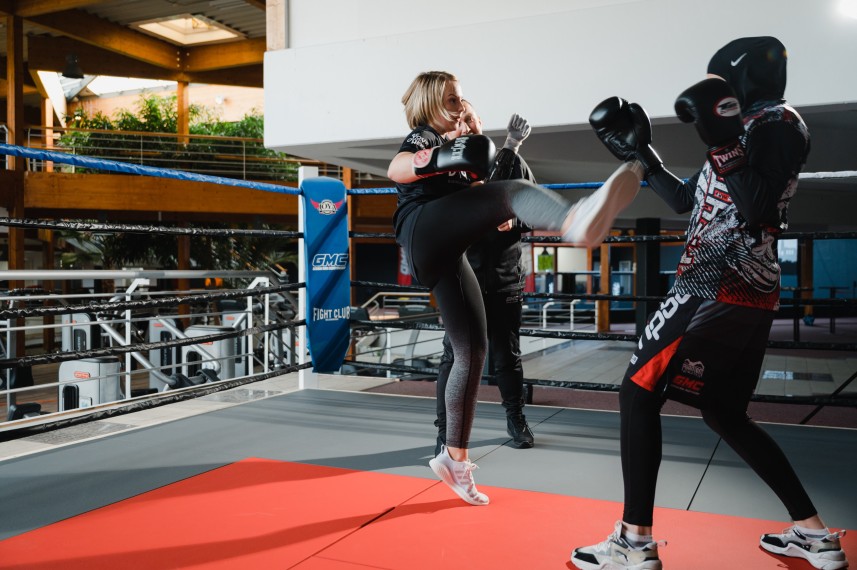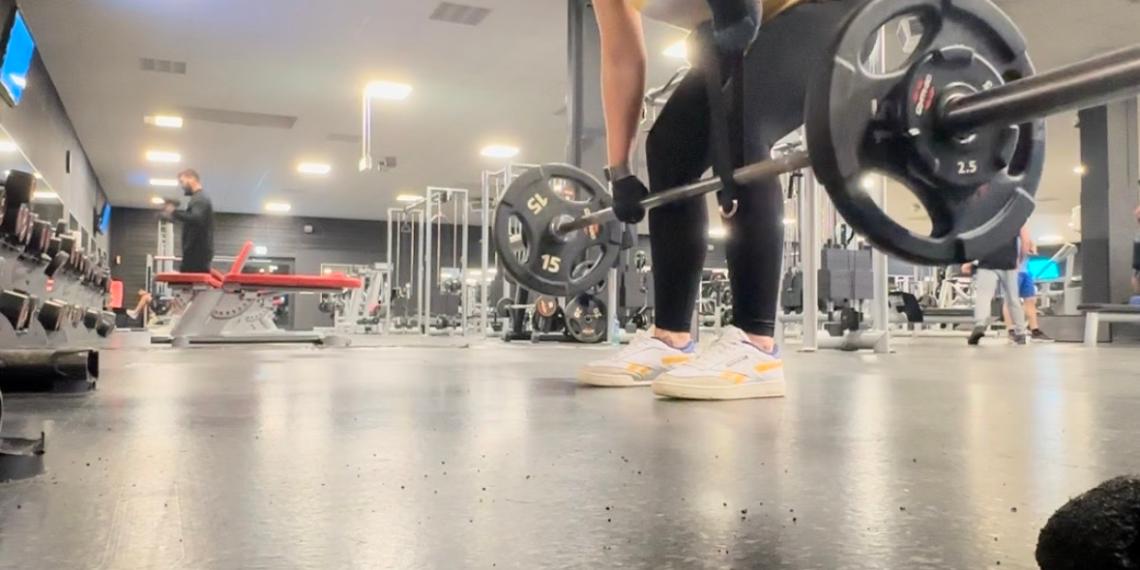Disability ≠ Ability: Frederike on handling disabilities
As a person with an obvious disability, you are always exposed to certain hurdles and prejudices. "YOU can't do that!" - "How are YOU going to do it like that?" - "YOU need help all the time anyway!" I often hear these and many other statements in various everyday situations.

Nevertheless, I set myself the same goals, try things out and have confidence in myself. I'm passionate about weight training in my everyday life and I don't let the lack of a hand take the fun out of it. If I need help, I will let people know. Many of my goals are often met with a shake of the head: 60kg deadlifts with one hand? Push-ups? No problem! After all, the journey is the reward.
These experiences can also be projected onto everyday working life. I'm glad that all my colleagues so far have placed their trust in me, that I can lead projects to their goal and that my support offers added value. This kind of cooperation allows me to set new goals in my professional life, to work things out for myself and to grow beyond myself through trust on their part, as well as trust in myself.
Prejudice only makes life harder for disabled people. We wouldn't take on certain tasks if we didn't trust ourselves to do them! A disability does not indicate a person's ability!

My tips for dealing with disabilities in everyday life:
- Don't show that you doubt the person you are talking to. Let them try things out. If it doesn't work out, gather ideas together for a successful realisation.
- Respect boundaries - Boundaries are often based on experience and are justified.
- Ask questions instead of staring - Nobody wants to be stared at all the time and we are aware of curiosity. An open exchange is incredibly important, just consider the wording.
I hope that this type of cooperation and positive atmosphere spreads throughout the entire company!